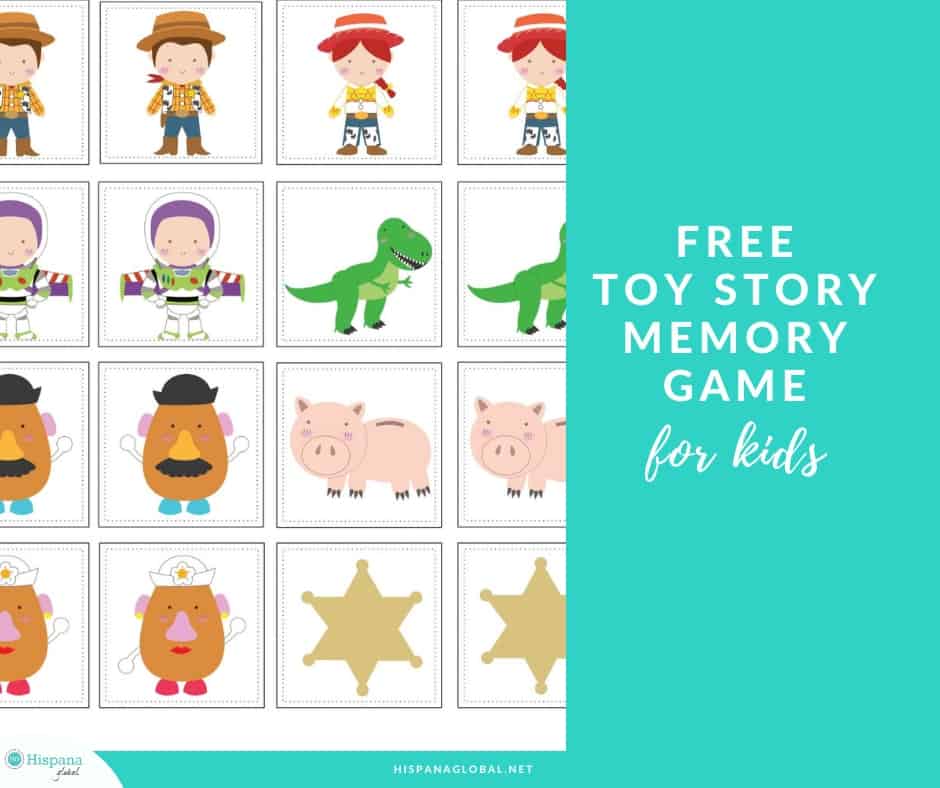3 Ways to Avoid Raising an Internet Troll
I don’t want to find myself raising an internet troll, do you? Just in case you don’t know, an internet troll is a person who purposefully looks for places around the internet to stir up caca and be mean for no good reason. They pop up everywhere from forums to Facebook, and even in the commenting sections on blogs and parenting sites. They’re spiteful critters that spread hate and discord like it’s going out of style, often just to get a rise of out people or shove their ill-informed opinions down the throats of unwilling readers.
The trolls are trying to take over the internet with their lack of civility and if we don’t teach our children about them, the danger is that they could turn out to be one because we never told them it wasn’t OK.
Parents need to educate children on how to behave online. We can’t stand back and let them catch internet troll-itis. We must vaccinate them against it with our advice and lead by example.
ALSO READ: How to keep teens safe on social media
As a parent, how would you feel if you knew your child was randomly walking up to people and calling them fat, ugly or stupid? Or screaming in someone’s face for having an opinion different than theirs?
I know I would be mortified because I do my best to teach my children manners and remind them over and over that rudeness is not an option. I monitor their behavior during day-to-day interactions to make sure they’re being polite, kind and thoughtful, but recently I’ve started to consider how I’ll teach them to have manners online. Why? Because I genuinely believe that being polite online is just as important as being polite in person.
I love the internet; I absolutely adore it. Because of the internet, I have been able to create a career as a writer and work from home, which allows me to attend to my family in a way that I wouldn’t otherwise be able to if I had to work outside the home. I’ve been incredibly fortunate in that I have found people online who are kind, supportive and helpful. Sure, I’ve heard of the trolls, bullies and meanies online, but I have had very little contact with them in my own experiences online. Lately, things seem to be getting worse because I feel like I’m having a harder and harder time ignoring the unkindness — and downright meanness — that I see happening online on a regular basis.
ALSO READ: 6 Essential Tips for Moms Who Work from Home
I wonder about the people who litter the internet with mean comments and hateful words. I wonder if they do the same thing face-to-face in real life, and I have a hard time believing they do. I think somehow the supposed “anonymity” that the internet provides lets them behave in a way they would never behave if they were to be held accountable for their words. I also think that they forget that at the receiving end of their unkindness is another person — not a screen, not a computer, not a business, but a person made of flesh with feelings and a soul.
Now, I am not an expert on internet safety, nor do I claim to be. To protect your children online, please listen to the experts. I also am not an expert on internet etiquette, but I don’t think I have to be one to teach my children how to behave online.
Here are the rules I’m laying down for them:
1. All the manners that apply “in real life” apply online. You are not to name call or bully offline, so you better believe you are not to do it online either.
2. Attack the argument, not the speaker. Disagreements are a part of life and can make for great debate and even offer opportunities to understand a differing point of view. I am teaching my children that if they don’t agree with a point of view, they should address the issues they have with the point of view instead of attacking the person putting forth that point of view. For example, if someone says that Batman is a better superhero than Spiderman and you don’t agree, point out why Spiderman is better instead of saying something like, “well, you’re stupid so what the heck do you know?” Nobody wins when the discussion devolves into name-calling.
3. Act as if everything you put online could be used against you. Not to make children paranoid or anything, but really anything you put online can be used against you, so behave yourself. Since our kids are growing up as digital natives, who knows what kind of dirt will be available on them by the time they’re applying to college or their first job? It’s a distinct possibility that things they do online as early as middle school could affect their futures. Think about all the dumb things that we, as parents, may have done in high school or college before the internet was a thing.
I really don’t think it’s that hard to figure out how to comport oneself online, but I guess some people never got the memo. I, for one, am going to make sure my kids get the memo. With the amount of bullying online that is starting and younger and younger ages, I want to be prepared for my kids to responsibly use the internet in a productive and positive way.
What are you doing to teach your children to be polite online?
ALSO READ: 5 Lessons All Children Should Learn About Failure







